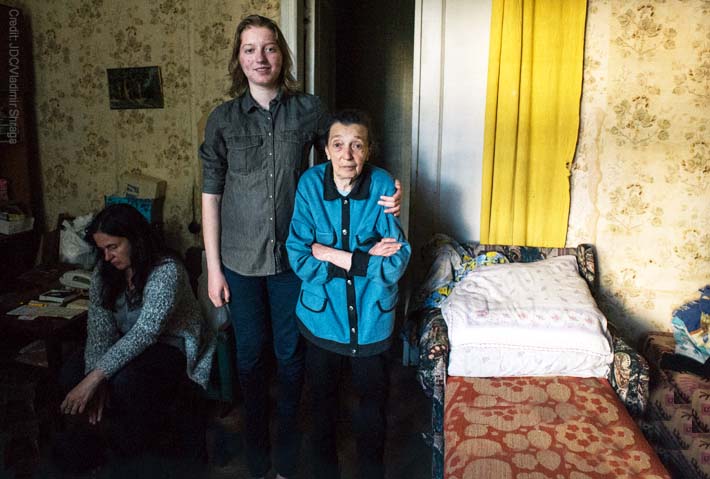I have also seen the toll a lack of food can take on the most vulnerable members of society: the elderly, poor children and families and those with special needs.
It was for that reason that we and the International Fellowship of Christians and Jews established the $52 million IFCJ Food and Medicine Lifeline that serves tens of thousands of poor elderly Jewish people across the former Soviet Union. These seniors, who survived Communist oppression and in many cases the Nazi Holocaust, are living in abject poverty but are ensured food through a variety of programs across 11 countries, from food packages to supermarket debit cards, from soup kitchens to holiday meals.
Take Georgeta Chapaev, who can barely afford to pay her $54 utility bill because of her meager monthly pension of $49. In Moldova, her home and one of the poorest countries in the region served by the Lifeline, some seniors live on pensions as low as $22 each month. In the case of Chapaev, she might have been forced to make $1.63 a day stretch to cover food and medicine and anything else needed for her basic survival. But today, a kilogram of ground beef at $3 and a liter of milk at $1 is not out of her reach.
While much of our work has been focused on the former Soviet Union, there are people living in this kind of poverty, and far worse, around the world, including in cities and towns across America. From the developing world to urban centers, from disaster-prone to recently devastated areas, the health and well-being, and simple feeling of hope, that can be experienced by hundreds of millions is dependent on access to food.
That’s why today, when so much seems uncertain, we must redouble our efforts to extend lifelines to all those struggling to access critical nourishment.



